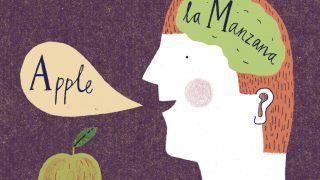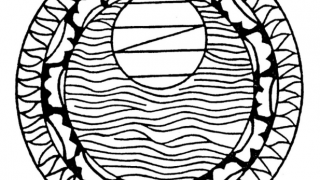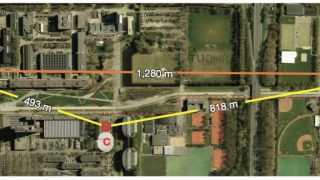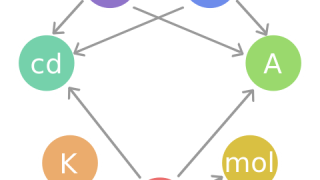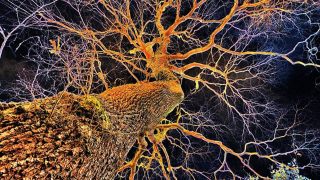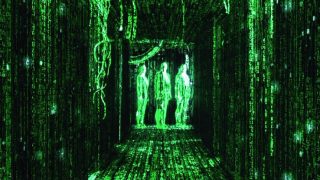
Why we almost certainly do not live in a simulation ? (1)
One important principle of any sensible social epistemology is that the fraction of crazy-sounding ideas that are really crazy is extremely high. Of course, a lot of crazy-sounding ideas have turned out being right (e.g., the evolution of different species from common ascent, the earth’s being a planet turning around a star, the atomic composition […]
